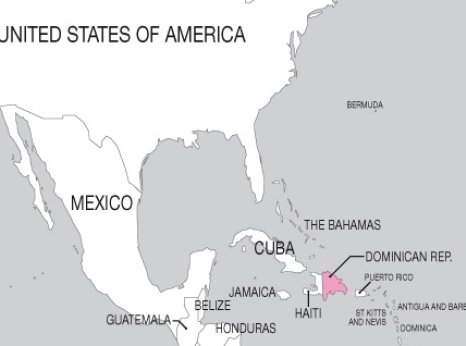Dominican Republic: End Racist Deportations Of Haitians

On October 2, 2024, President Luis Abinader of the Dominican Republic announced the immediate implementation of a plan to deport up to 10,000 migrants per week. This measure raises significant concerns about the treatment of Haitians, Dominicans of Haitian descent, stateless individuals, and Black people in the Dominican Republic.
This announcement comes despite the security and humanitarian crisis in Haiti that puts many lives at risk. According to the International Organization for Migration (IOM), by September 2024, the Dominican government had deported 128,174 people, including more than 6,000 adolescents, girls, and boys. Thus, these additional measures would nearly triple the rate of weekly deportations that have been maintained during 2024.
Amnesty International has condemned, in an open letter addressed to President Luis Abinader in April and in a recent statement, the urgent need for Dominican authorities to end racist migration policies and halt collective expulsions and deportations of Haitians, in violation of the Dominican Republic's international human rights obligations.
Amnesty International has emphasized the urgent need for Dominican institutions to eradicate racial profiling, structural racism, and racial discrimination, ensuring respect for the human dignity and physical integrity of Haitian migrants and Dominicans of Haitian descent.
These actions not only affect Haitians but also endanger Dominicans of Haitian descent and Black individuals, who face the possibility of their national origin, race, skin color, or statelessness being associated with irregular migration status due to constant racial profiling and other forms of racial discrimination. This dynamic has created a climate of fear and risk in their communities, with the constant uncertainty of being arbitrarily detained and deported. This impedes and inhibits the exercise of various rights, including access to health care, education, employment, and the very defense of human rights.
Despite government promises to respect human rights, evidence suggests that violations persist, including the arbitrary detention of minors and pregnant women, excessive use of force by authorities, among others. However, high-level state officials have denied the evidence presented by Amnesty International and others regarding the impact on human rights of migration policies. At the same time, these measures have been sustained by narratives that stigmatize Haitians, including pregnant women accessing public health services, and girls and boys accessing public education.